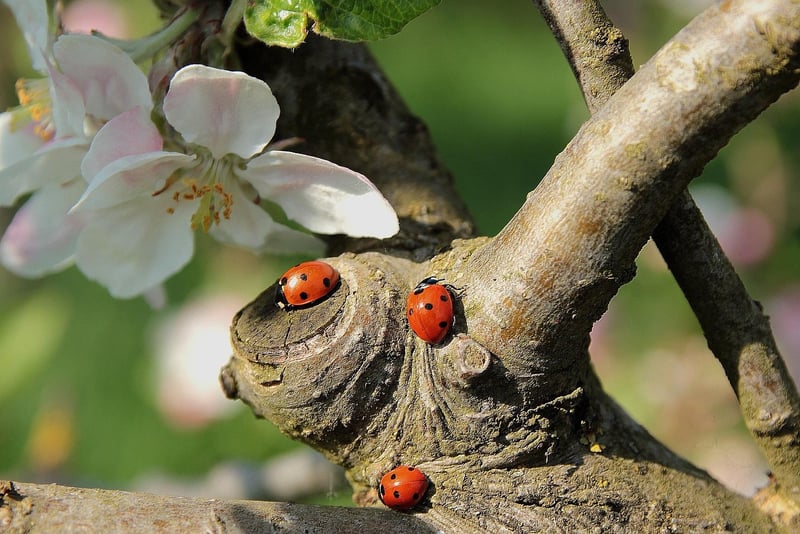Beneficial Insects
Managing Garden Pests and Beneficial Insects
Gardening can be a rewarding hobby, but dealing with pests that damage your plants can be frustrating. However, not all insects in your garden are harmful. Some insects are beneficial and can help control pest populations naturally. In this article, we will explore effective ways to manage garden pests while encouraging the presence of beneficial insects.
Identifying Common Garden Pests
Before taking any pest control measures, it's essential to identify the specific pests causing damage to your plants. Common garden pests include aphids, caterpillars, snails, slugs, and beetles. By recognizing the pests, you can choose the most appropriate control methods.
Organic Pest Control Methods
Opting for organic pest control methods is not only better for the environment but also safer for your plants, beneficial insects, and pets. Some effective organic pest control methods include:
- Handpicking pests off plants
- Using insecticidal soaps
- Applying neem oil
- Introducing beneficial insects
- Planting companion plants that repel pests
Encouraging Beneficial Insects
Beneficial insects play a vital role in maintaining a balanced ecosystem in your garden. Ladybugs, lacewings, and predatory wasps are examples of beneficial insects that feed on garden pests. To attract these helpful insects, consider:
- Planting a variety of flowers that provide nectar and pollen
- Leaving some areas of your garden undisturbed for insect habitat
- Avoiding the use of broad-spectrum pesticides
Conclusion
By implementing organic pest control methods and creating a welcoming environment for beneficial insects, you can effectively manage garden pests while promoting a healthy garden ecosystem. Remember, a diverse and balanced garden is less susceptible to pest infestations, leading to thriving plants and a more enjoyable gardening experience.
For more information on beneficial insects and organic pest control, visit Gardening Know How.


